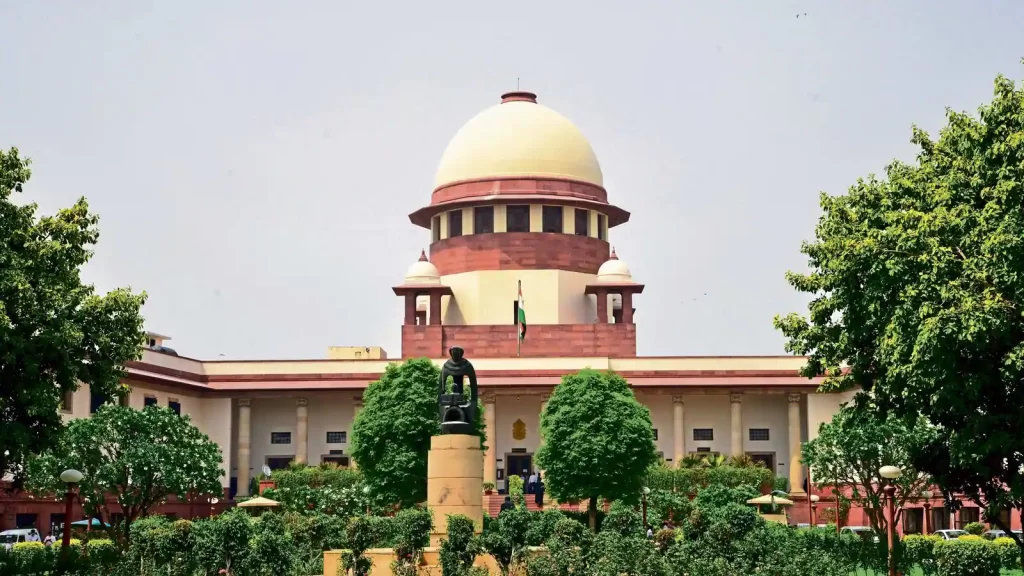
One Rank One Pension: Supreme Court Says Centre's "Hyperbole" Is Problem
One Rank One Pension: Supreme Court Says Centre’s “Hyperbole” Is Problem
New Delhi: “Hyperbole” is ranked one, one pension policy “presents a far more than what is actually given to the military retired, the Supreme Court said today while hearing the petition by the former soldier.
The Supreme Court yesterday questioned the center whether it had returned to his decision to continue the future increase in retirement automatically, after approving Orop in principle. Orop is short for “one rank, one retirement”, which aims to retire uniformity for armed forces personnel who retire in the same ranking with the same length of service.
Applicants, ex-service movements India, want orop will be automatically revised every year, instead of current policies from periodical reviews once in five years.
In today’s hearing, the center defended himself said the decision about Orop was taken by the Union cabinet. The Supreme Court shows that there is no orop legal definition.
“The problem is that your hyperbole on the policy presents a much smaller picture of what is actually given,” said Justice Dy Chandrachud, recorded the Petitioner’s dispute about the difference between a parliamentary discussion and orop policy. “As I said, Orop is not a legal term, it is a term art,” said Justice Chandrachud. The bench also consists of justice Surya Kant and Justice Vikram Nath.
Central lawyers, n Venkataran, replied, “Yes, that is the term art that we have defined with nuances and without arbitrabilsiveness.”
The Petitioner’s lawyer, Huzefa Ahmadi, said the retirement veterans in 2014 drew more retirement than those who retired between 1965 and 2013, which beat Orop goals.
This center has linked differences in retirement to a process called career development forced, or MACP, which provides a salary increase for those who have not been promoted for decades.
By connecting OROP with MACP, the government has reduced substantial benefits and Orop principles have been defeated, the Petitioner said.
